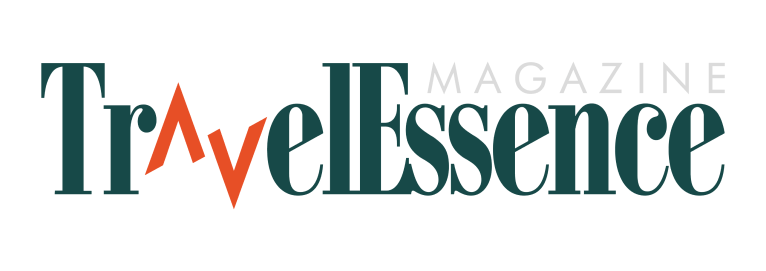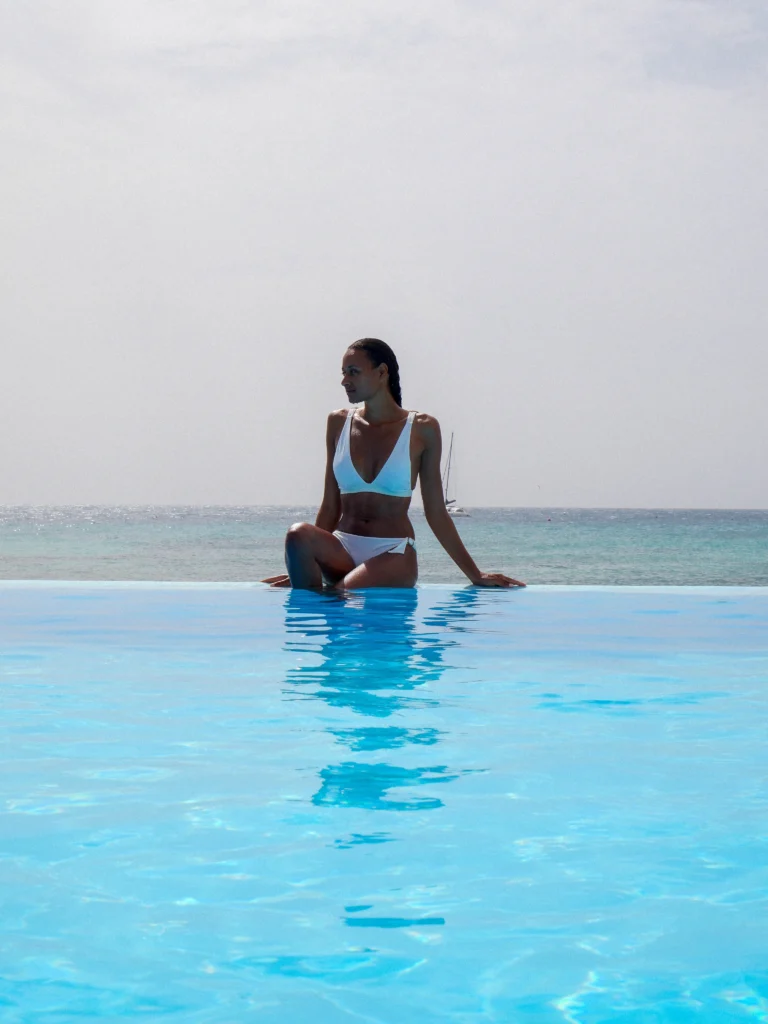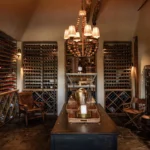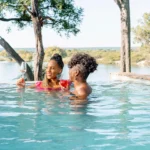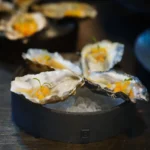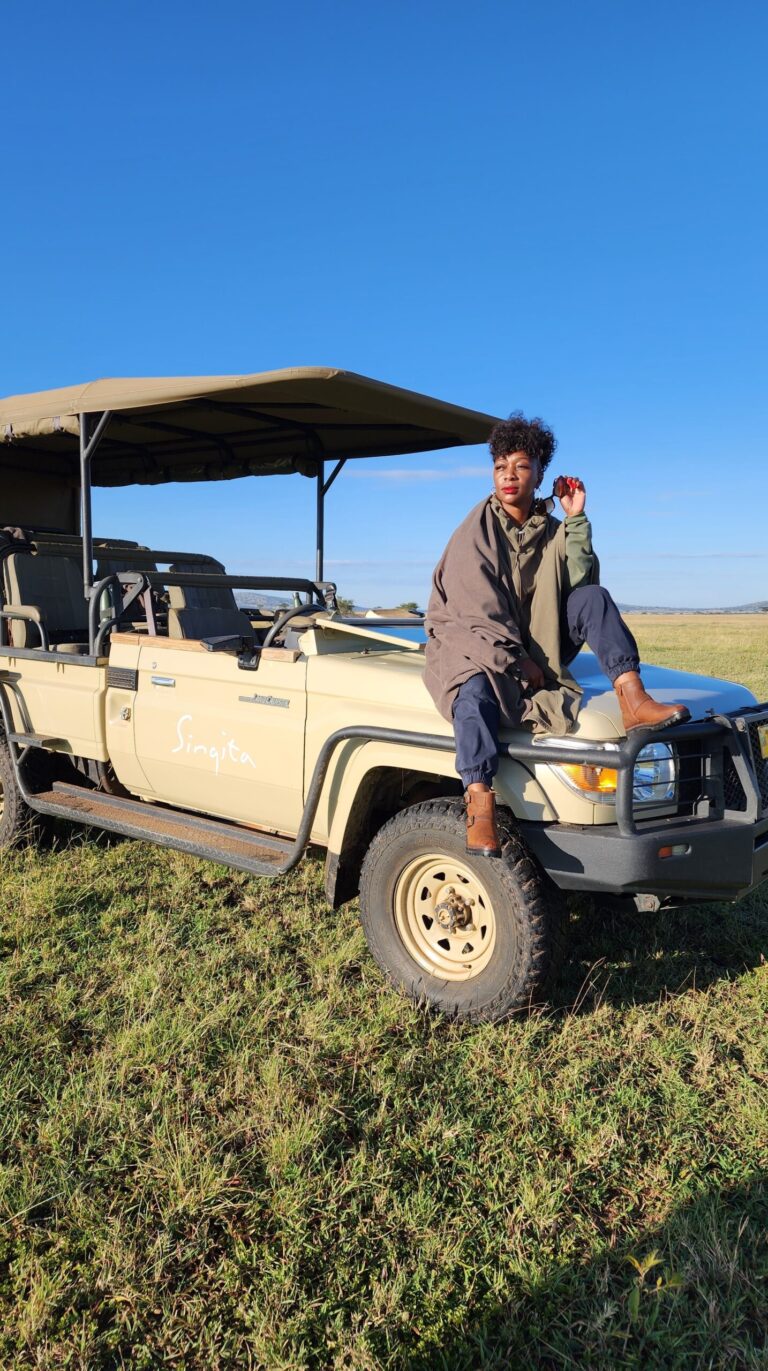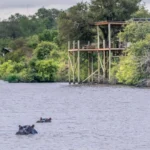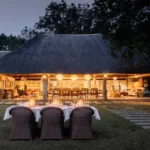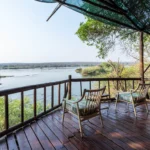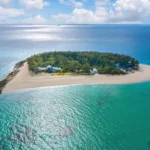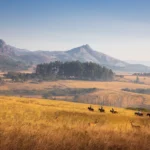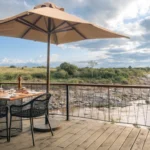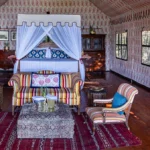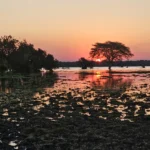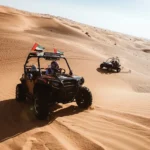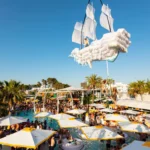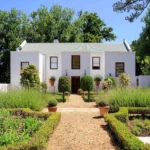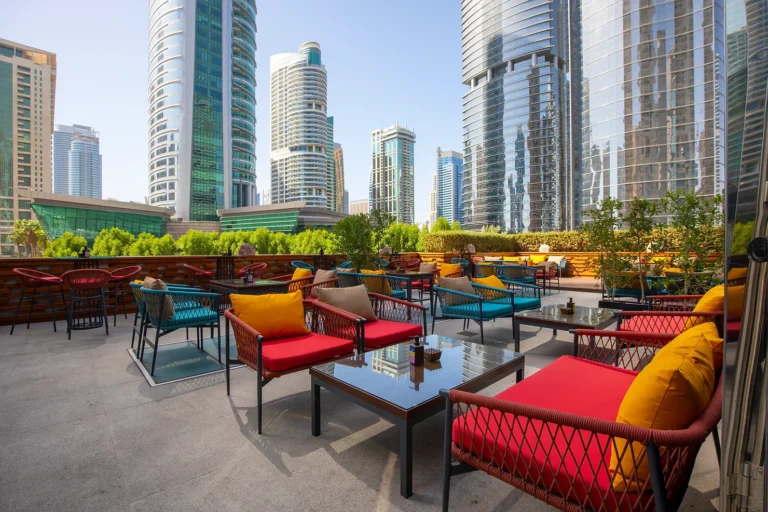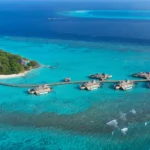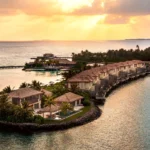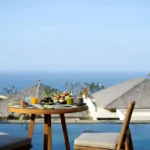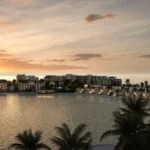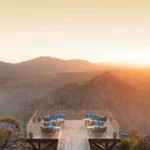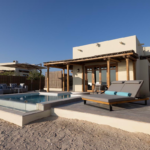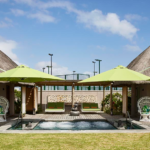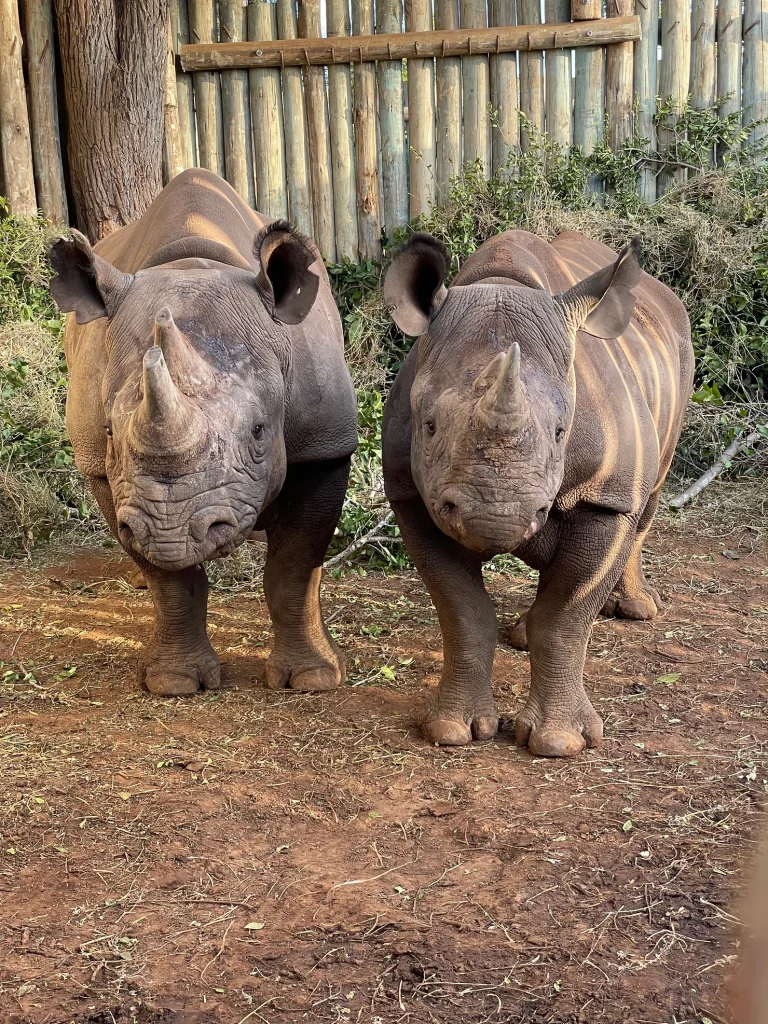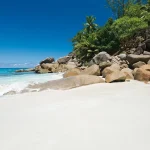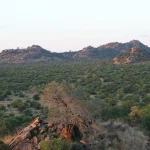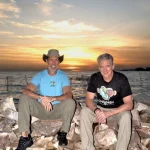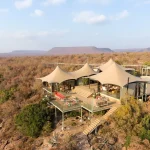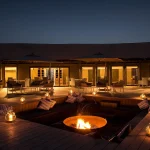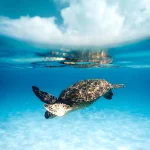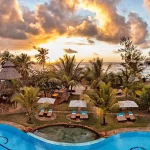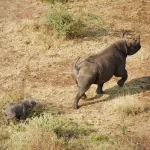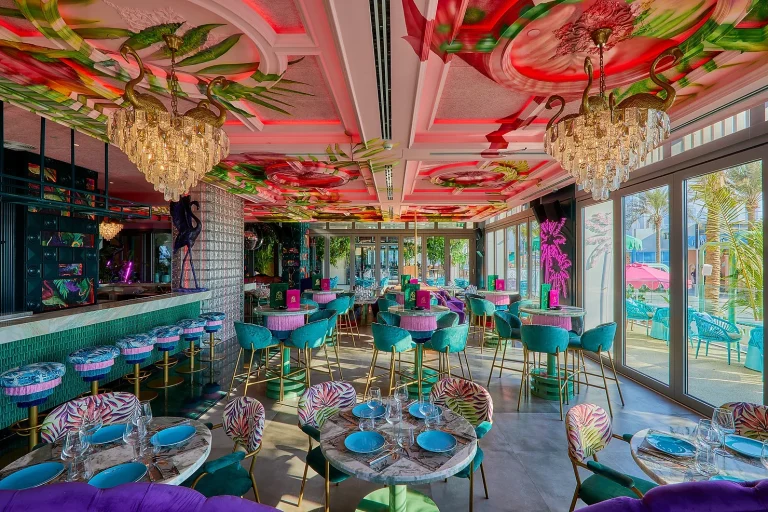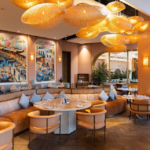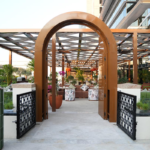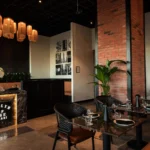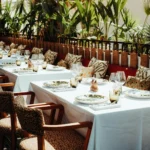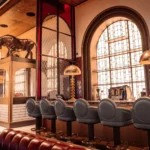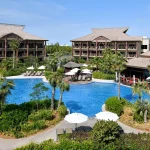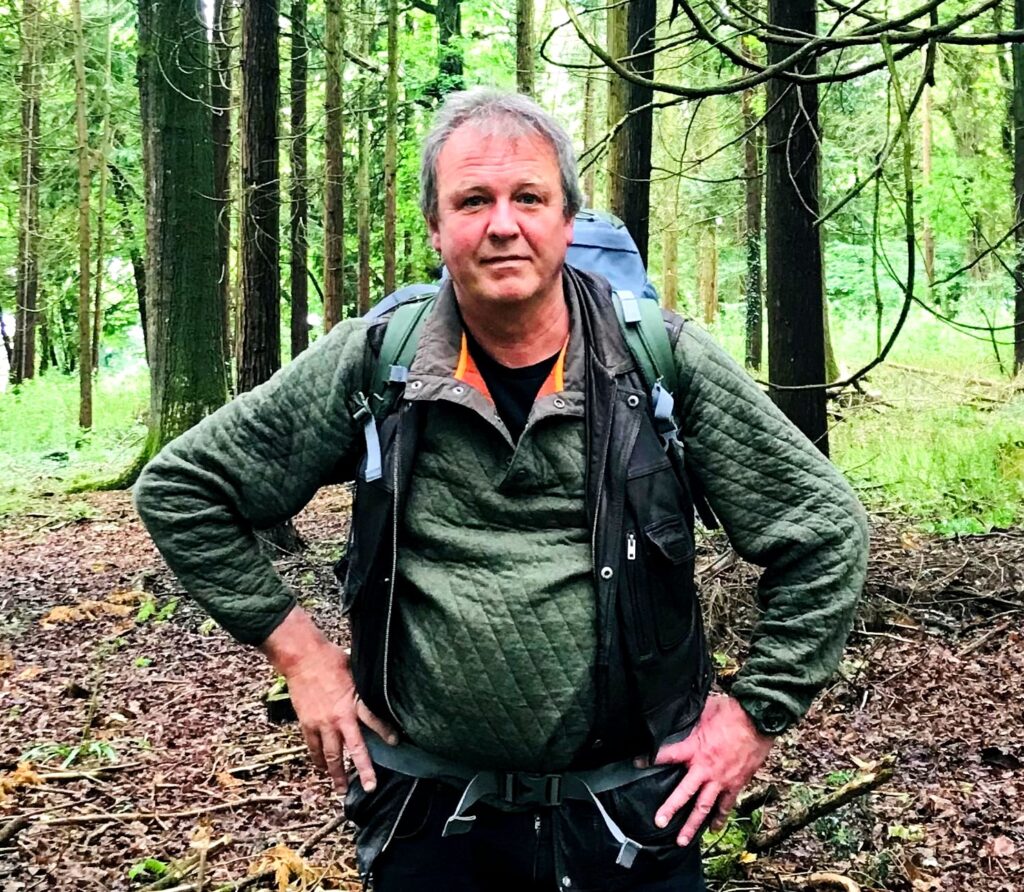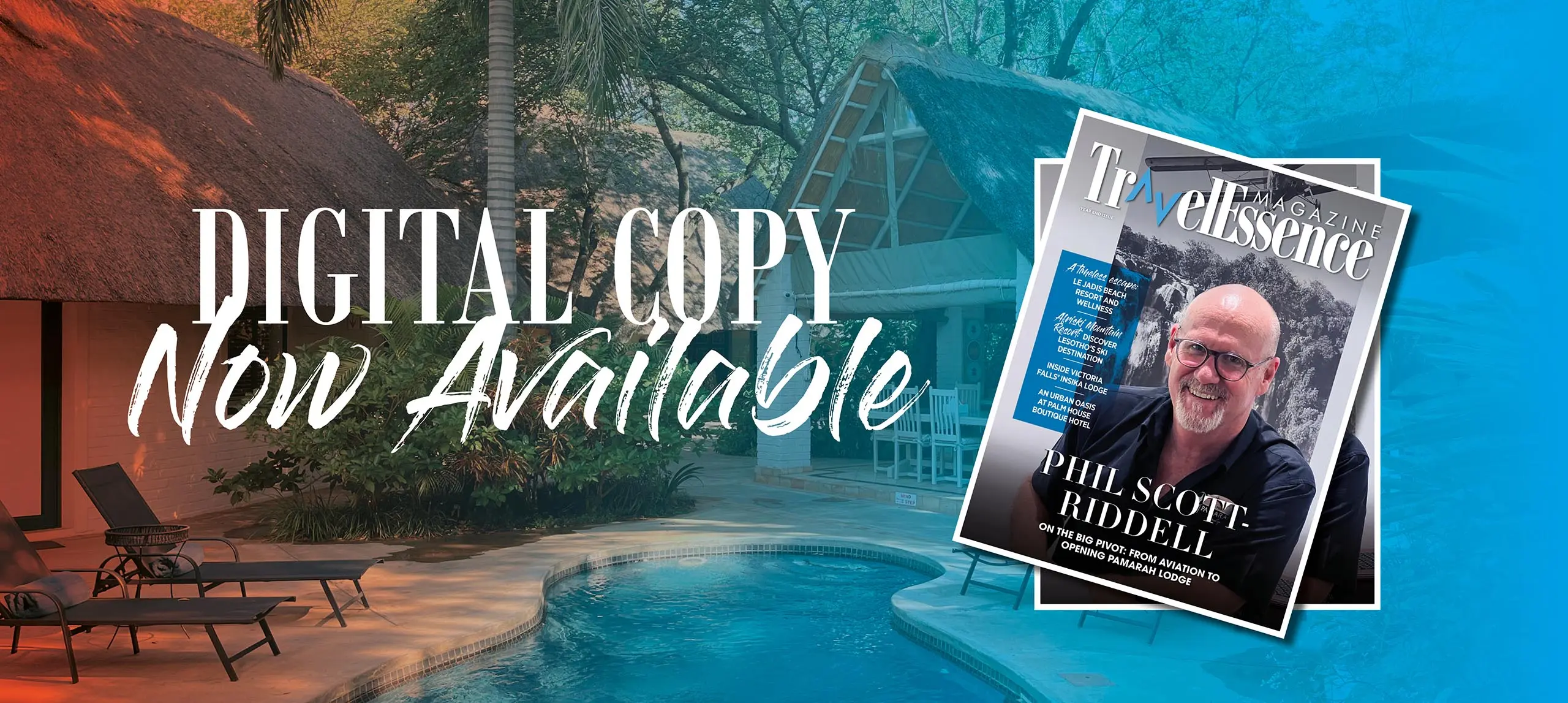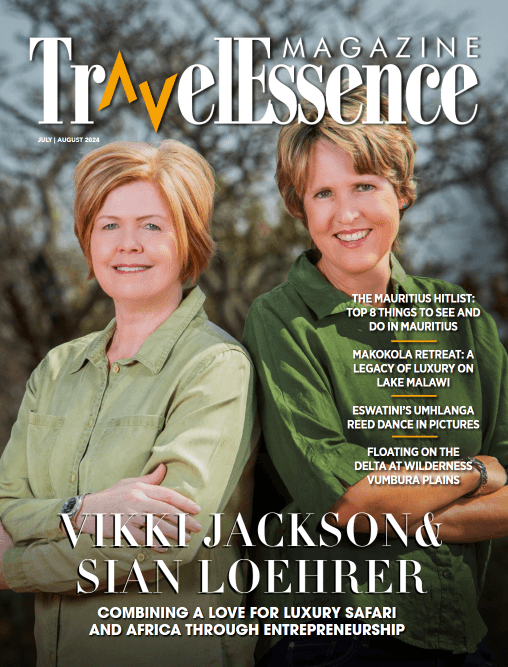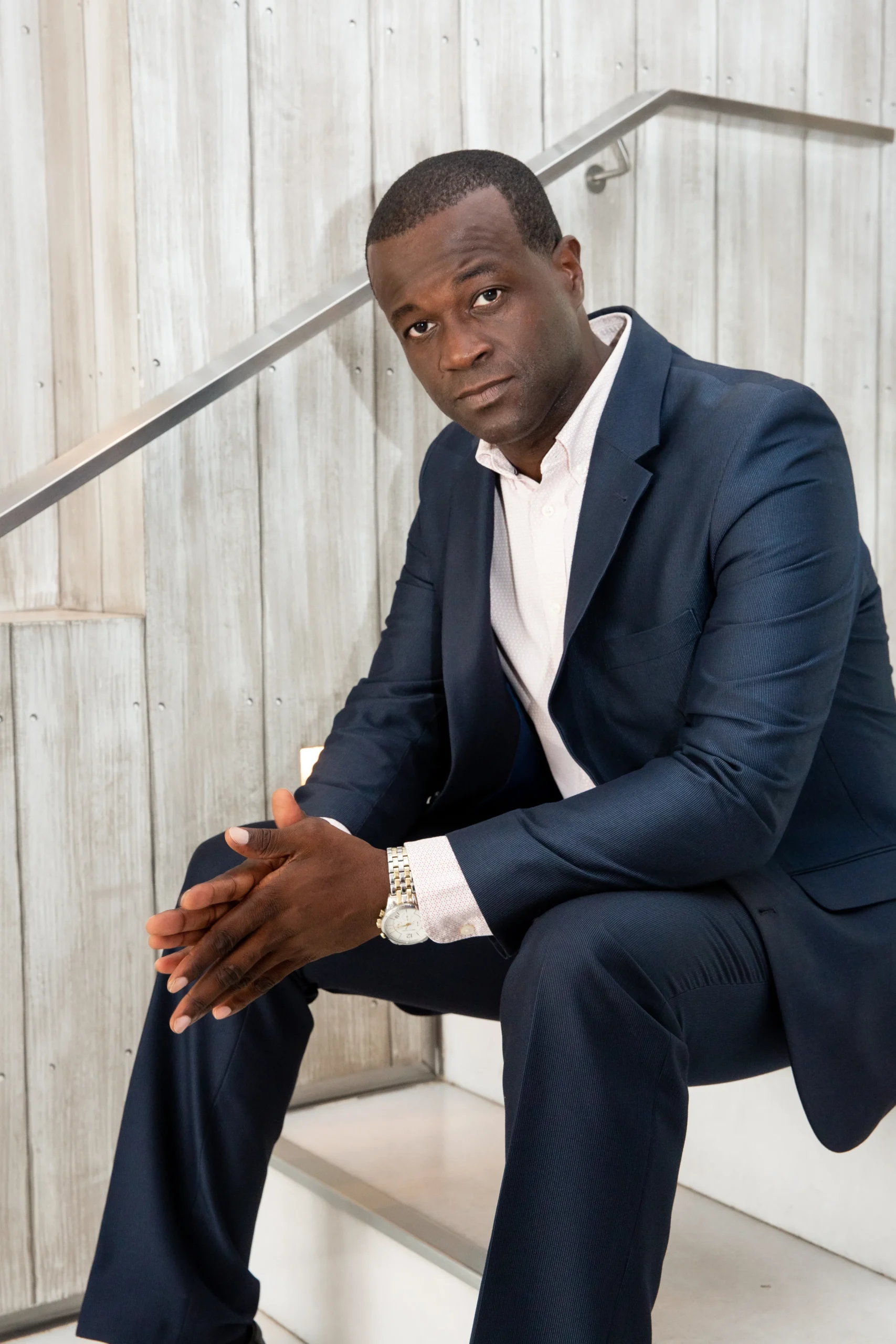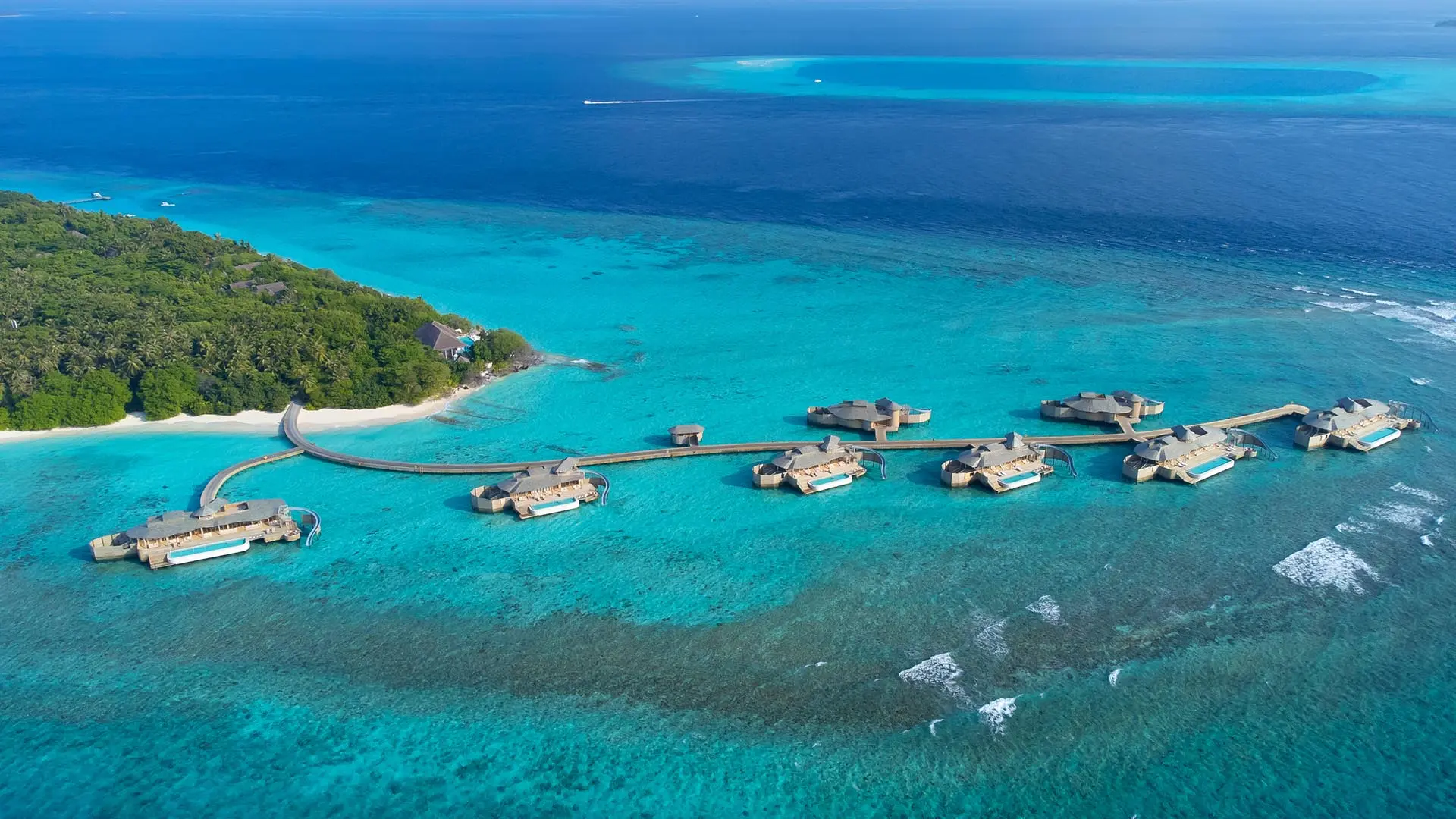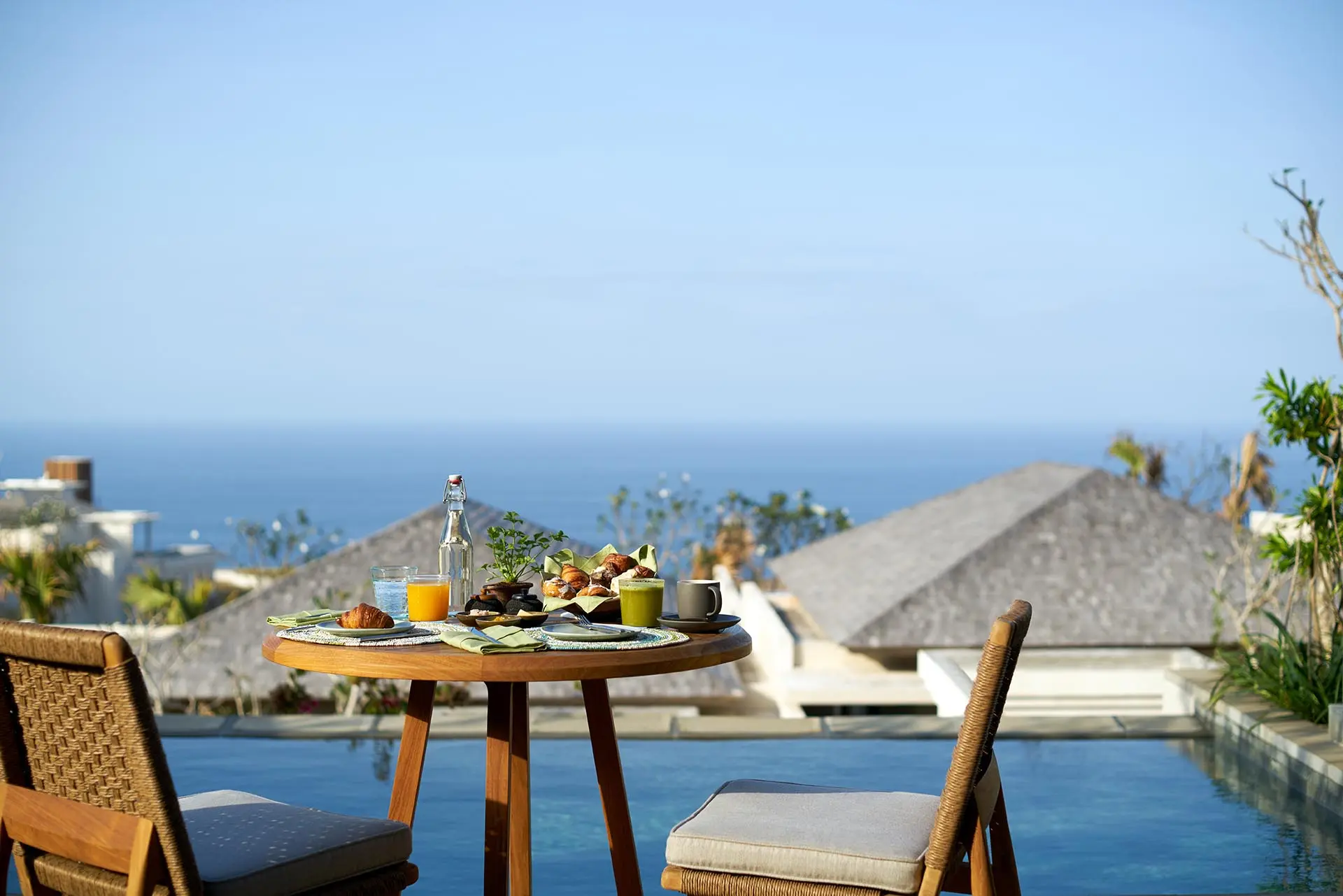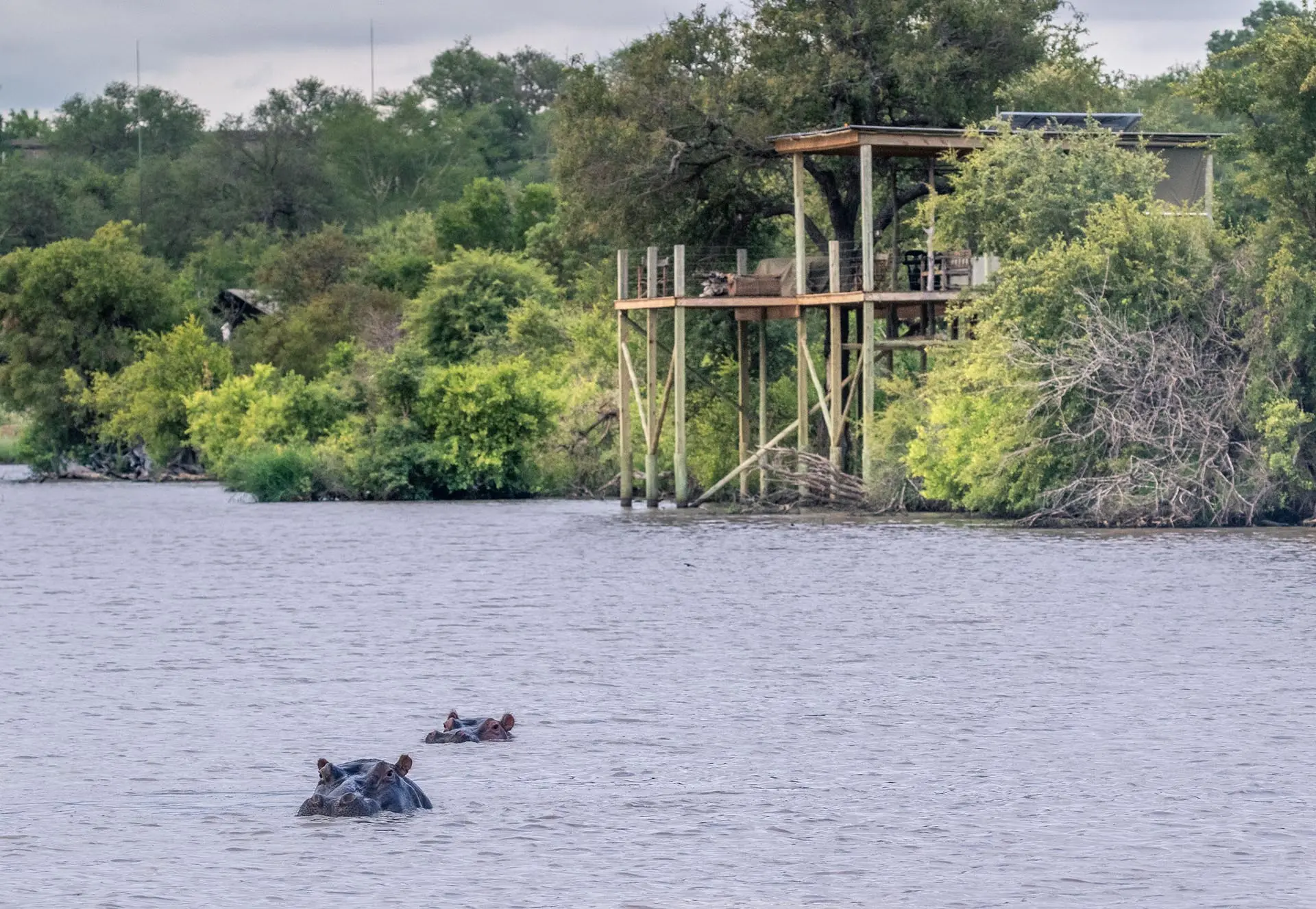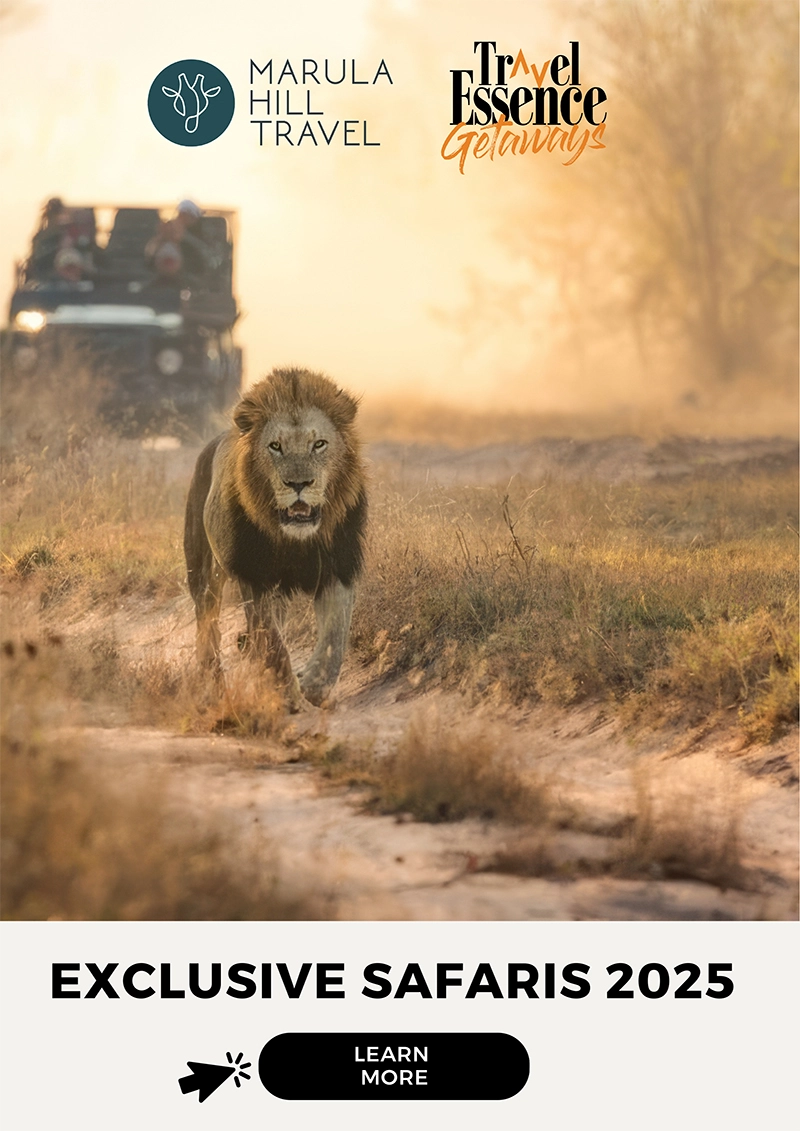1.Nick Holme. Tell our readers a little about who you are, where you are from, childhood memories and what generally makes you tick?
This is actually quite a difficult question to answer! I know who I am, I know where I’m from and I have many childhood memories – most of them good and some of them less so, which I will try to explain here.
My name is Nick Holme and I was born a week after man first landed on the Moon, during the height of the Cold War, in a landlocked country called Rhodesia, which is now modern-day Zimbabwe in Southern Africa. At that time the world was locked in a struggle for dominance between ideologies of the so-called ‘East’ and ‘West’; that is, Soviet and Chinese Communism versus the democratic agenda of the United States, Britain, and Western Europe. Most ex-British and European colonies had won their independence by then and the whole world was a melting pot of political volatility. Superpower proxy wars were being fought around the globe, whilst the new nations were enjoying the fruits of their fledgling independence. Isn’t it sad that volatility persists and is still evident today; it appears that lessons which history could – and should – have taught us are not being learnt?
Of course, as a child growing up in a country far away from the centre of superpower grandstanding, this all passed me by. However, we had our own problems to contend with, as the first 11 years of my life were mired in a civil war that claimed many lives and affected the whole population of the country and this has had a lasting effect on me and my outlook on life. A whole book could be written about it (and many already have been), so I will leave it where it is for another time, but I felt it was important to point out some of the background here.
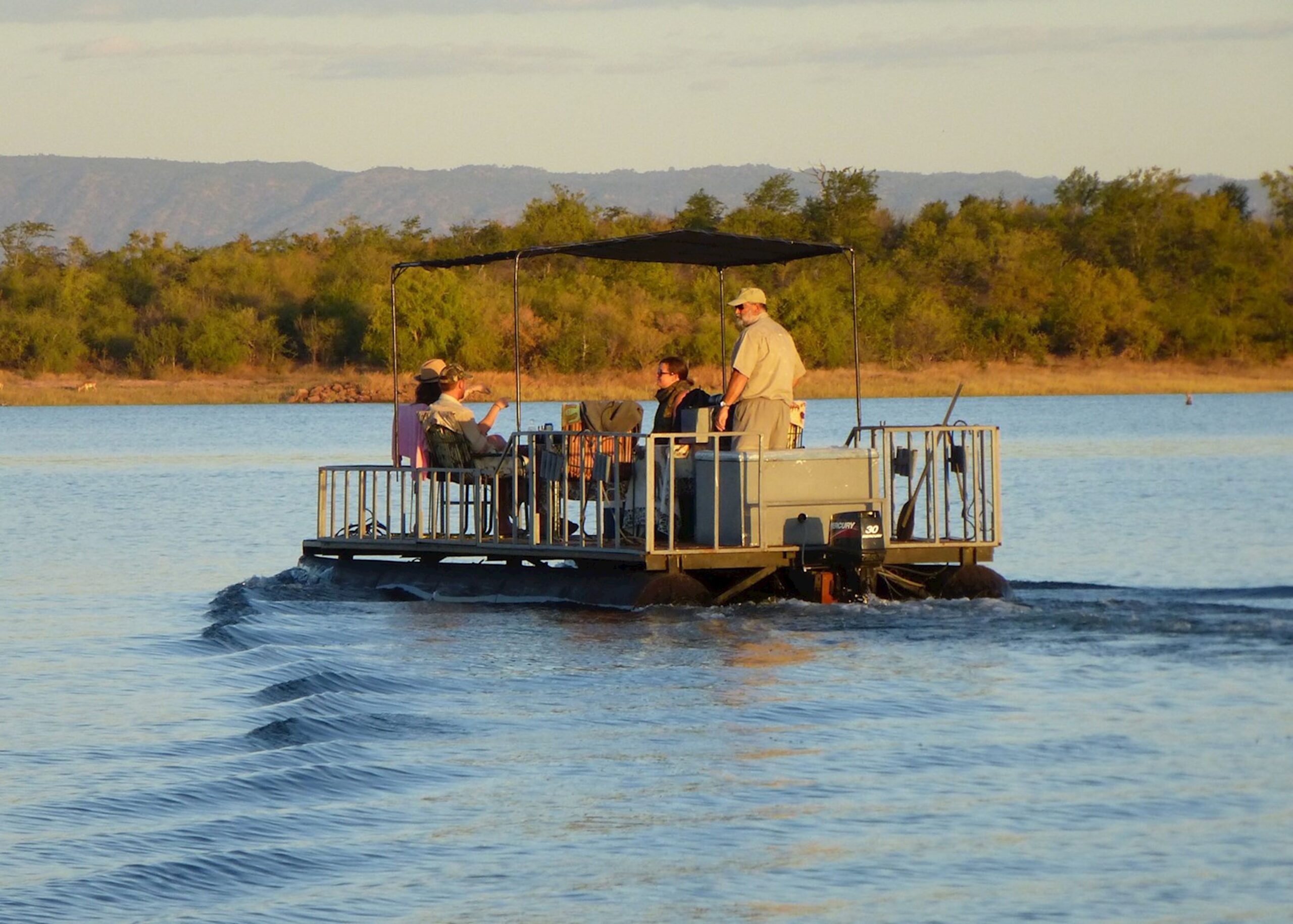
I was born into a farming family, the eldest of five children, and spent my first three years in the district of Hwedza, which I don’t really have any recollection of, before moving to Headlands, in Manicaland Province, where we grew tobacco, seed maize and cattle. Life on a farm in those days was idyllic and my parents sheltered us from the worst of the daily war, although we were always very aware of the fact that – being on an isolated farm – we could be attacked at any time, or ambushed in our cars, or drive over a landmine on the dirt roads. In a strange way, for a child, that danger added a certain excitement to daily life, but in retrospect, as an adult looking back, the undercurrent was a pretty terrifying one.
The natural beauty of living on a farm with lots of open space and bush, full of the fauna and flora of Zimbabwe, provided so much entertainment for myself and my brothers and sisters. When walking on the farm, you would never know when you would come across a snake, or a troop of monkeys, or a flock of guinea fowl and there was something new to discover every day. We were very, very lucky in that respect and I just wish that every child in the world could have the same exposure to nature that we were fortunate enough to experience. I believe that if we all spent time as children in the natural world, then we wouldn’t be experiencing the abuse of nature that is prevalent in today’s society.
What are some of my childhood memories? As I said earlier, most of them are good, and some of them less so. Let me get one or two of the not-so-good ones out of the way first!
- At the age of seven, I was sent away to boarding school, which was about 60km away from home. It was a very good school and I was privileged to go there, but I didn’t know that at the time and I hated it! Going from the freedom of living on a farm, to the regimented daily life of boarding school was a shock to the system and I really didn’t like it. I even ran away from school, aged 10 and made it home, only to be returned the next day! Having said that, there were some great people at both my junior and senior schools, some of whom I am still in touch with today, thanks to the likes of social media platforms.
- I vividly remember the day my Grandmother died. She was visiting family in New Zealand and (it later transpired) at the exact time she died over there, I was asleep in my bed at school in Zimbabwe when I suddenly woke up with a feeling of extreme sadness and loss inside me and said to myself that she has died – and then went back to sleep.
- The war meant that night times were particularly vulnerable for rural communities, especially isolated farms such as ours and I didn’t really enjoy going to bed with a rifle by my side (we learnt how to handle weapons from an early age in those days), not knowing what each night would bring. I think every child goes through a phase of wondering whether there is a “monster” under their bed, but this took the “monster” aspect to a new level.
Actually, thinking about it, the civil war, while perversely exciting for a young boy, was also the cause of many sad memories, so it is probably best to put those aside for now and focus on some of the good ones.
- I remember school holidays spent fishing and exploring in the beautiful Eastern highlands of Nyanga, with early morning mists shrouding the lakes and mountains.
- I remember the first time I visited the magical Lake Kariba and the awe I felt in the presence of elephants, hippos, crocodiles and so many other animals in the raw, beautiful bush that Africa is renowned for.
- I remember the first time I visited Victoria Falls and witnessing the power and majesty of the Zambezi River as it thundered over the edge. It truly is ‘Mosi-oa-Tunya’, the ‘Smoke that Thunders’ and one of the Natural Wonders of the World.
- I remember Christmases on the farm and searching the bush for flame lilies, which we picked to fill the house with their magnificent blooms. No matter where I live in the world, flame lilies will always epitomise Christmas for me.
- I remember exploring all the hills and woods on the farm, with my brothers and sisters and the excitement of seeing rock hyraxes, or dassies, in the granite outcrops known as kopjes (pronounced “koppies”). We always had to tread carefully because of the presence of snakes and we never knew what animal might come charging out of the bush.
- I remember rowing in boats and swimming in the lake near our house, always slightly fearful about what large fish lurked in the depths.
- I remember my sister, aged five, stopping a hippo in its tracks when it charged her, just with her very firm voice and a little hand raised in the air, like a traffic policeman controlling the flow of cars.
- I remember a pet monkey that we raised from when it was a baby. We released it back into the wild and it joined a troop of other monkeys in the woods at the bottom of our garden, all of which used to come into the garden at lunch time, to weed the flower beds.
There are many pleasant memories, which actually far outnumber the sad ones and my overarching memory is one of freedom to enjoy the bush and all its secrets. The animals, large and small. The trees, flowers and grasses. The rivers and lakes. The blue sunny skies and the loud thunderstorms. It was this childhood which instilled in me a true appreciation and love of nature and the realisation later in life how valuable nature is, not only for our physical well-being, but also for our mental health and stability. And it is this awareness of the power of Nature that I am so keen to share with the rest of the world. Getting that message across to as many people as possible is what makes me tick.
And I must just say here that, to me personally, Zimbabwe is the best country in the world! We all love our respective homelands – quite rightly too – and for me Zimbabwe is that homeland. Despite its problems (and which country does not have problems) Zimbabwe is – and always will be – home.
2. On July 4th, you will endeavour to do something that’s probably not been done before, and that’s an 800km walk around the world’s largest man-made lake by volume – Zimbabwe’s Lake Kariba – which also shares its shores with Zambia? What inspired this risky expedition?
I must state here that, while I will be walking around the entire lake (which has not been done before), the whole endeavour is very much a team effort, with many others helping to make it possible from a logistics and security perspective and also helping to make the world aware of the mission to highlight the importance of conservation and mental health. Without their help, the walk would be a lot more difficult – and dangerous!
As we get older, we hopefully get a little bit wiser and this expedition is one of several endurance events known as W4Life, that my brother, Ed and I came up with, based on our life experiences to date and our desire to share with the world our belief that conservation and mental well-being are inextricably linked.
My own inspiration for this endeavor is partly a desire for adventure, but more importantly being able to use the walk to publicize and raise awareness about the increasing effect modern society is having on our mental health, as well as the damage that is being done to our natural environment. The climate change debate is now part of mainstream discussion, but I don’t think people are taking it seriously enough. I don’t believe that people are fully aware of the consequences arising from further damaging the only planet we have that is capable of sustaining life as we know it. Regardless of which side of the climate change debate a person is on, surely we need to realize that damaging Nature can only be detrimental to our survival. We are a part of Nature. We can’t control it. Nature ultimately controls us and if we don’t accept that fundamental fact then our time as a species on this Earth is limited. We have to work with Nature and not against it and it is this message that we will be trying to get across to all and sundry.
We need Nature to survive physically, as a species, but just as importantly, we need Nature in order to cope with the day-to-day pressures of everyday life. More and more research is being done which highlights the benefits of Nature to our mental well-being and this is also something that I think people are aware of (especially since the recent Covid pandemic) but are not talking about enough. Our aim is to stimulate that discussion more and make it part of mainstream thinking.
3. Mental health is a topic that many will agree is viewed as largely taboo to openly talk about within Africa’s societal constructs. Can you share with us your journey to becoming an advocate for raising awareness on mental health?
I am not a mental health expert, by any measure. However, I am aware of the discussions that take place around mental health, whether it’s PTSD, depression, addiction, or any other mental health issue and I know instinctively some of the things that are good for our mental well-being. Discussion of mental health issues is not only taboo in African society – it is also a subject that many people around the world, of all ages, find hard to talk about. The problem with some countries in Africa, though, is the lack of access to professional help and the lack of people to talk to without fear of prejudice.
Talking about it is one of the first steps towards recovery from a mental health problem and our aim during the walk around Lake Kariba – and beyond – is to stimulate discussion, to try and set aside the stigma associated with talking about mental health problems and to encourage as many experts in the field of mental health to join in and help us understand the problems and the solutions, on a much wider scale.
4. A few Issues ago, you shared with our Travel Essence readers your view on the correlation between being out in nature, and mental wellbeing? Can you weigh in again on your thoughts, adding a little bit about what you may have learned further since that time that has rallied you to embark on the 800km walk around Lake Kariba?
I am a firm believer that Nature is a very powerful antidote to mental health problems and that we can use this free resource for the benefit of all mankind. Being out in natural spaces is so good for us and more and more research is proving this to be true. It’s something I think we all know, subconsciously, but nowhere near enough of us apply a daily dose of nature to our lives.
My feeling on this is primarily based on my own experience of being at peace and so much happier when out in a natural setting, but since sharing my views with Travel Essence readers a few issues ago, I am having this confirmed by every single person I talk to. Not one person has told me that Nature has no effect on them, or that it is bad for them. They all agree that it helps their peace of mind and wish they could get out more. Every single person, without exception. That must be telling us something, surely?
5. We understand your walk will be the first of a series of fundraising events to raise awareness on mental wellness. Do delve into the details of the W4Life campaign and where additional events will be taking place after yours?
Yes, the walk around Lake Kariba will be the first of many planned endurance events over the coming years to raise awareness about the correlation between conservation and mental well-being. W4Life is a brand under which we want to raise awareness, as well as funds, on a global scale. We happen to be focusing our attention at the moment on Southern Africa because that is where the majority of our team come from, or are based, but we would like it to be of benefit to all people around the world. In fact it is vital that everyone is made aware of the importance of conservation and mental wellness in our lives. This may sound like an obvious statement to make, but I don’t think some people are taking this seriously enough and I hope that we will, through W4Life, help to hasten the uptake in awareness.
The ‘W’ in W4Life is a bit of a catch-all letter and we are basing future endurance events on this. The first, as you know, is Walk4Life. The next one, in a couple of years’ time, will be Waves4Life, when my brother, Ed, will sail a dhow from Oman to the mouth of the Zambezi River. Following on from that will be Wind4Life, which involves flying a hot air balloon from the mouth of the Zambezi River to Lake Kariba and then Wheels4Life which will involve a cycling challenge within the Zambesia ecosystem. That’s as far as we have got for now and we would love it if readers of Travel Essence Magazine could suggest further endurance challenges, involving the letter ‘W’, that could be undertaken.
As far as the Lake Kariba walk is concerned, I will be joined by other people on some of the legs of the journey and we encourage others around the world to join us virtually, via the internet and also to hold mini-walks of their own during the months of July and August to help spread the message and raise the awareness that is so vital to conserving what is left of our natural heritage and for our mental well-being.
Our plans don’t just stop there, though, as we will be putting funds raised to good use through the establishment of what we are calling our TERRA programme, whereby we will be building physical infrastructures to cater for Training Education Research Rehabilitation and Awareness (hence the acronym). These TERRA centres will be essential in helping us to understand more the importance of nature and its impact on our mental health and why it is so important to actively engage in conservation of our natural world; whilst providing a platform on the human-wildlife dynamic on which to undertake skills transfer and the sustainable capacitation of communities at the heart of these issues in the deep bush.
The Lake Kariba walk is just the first step in a journey that we hope many people will join us on.
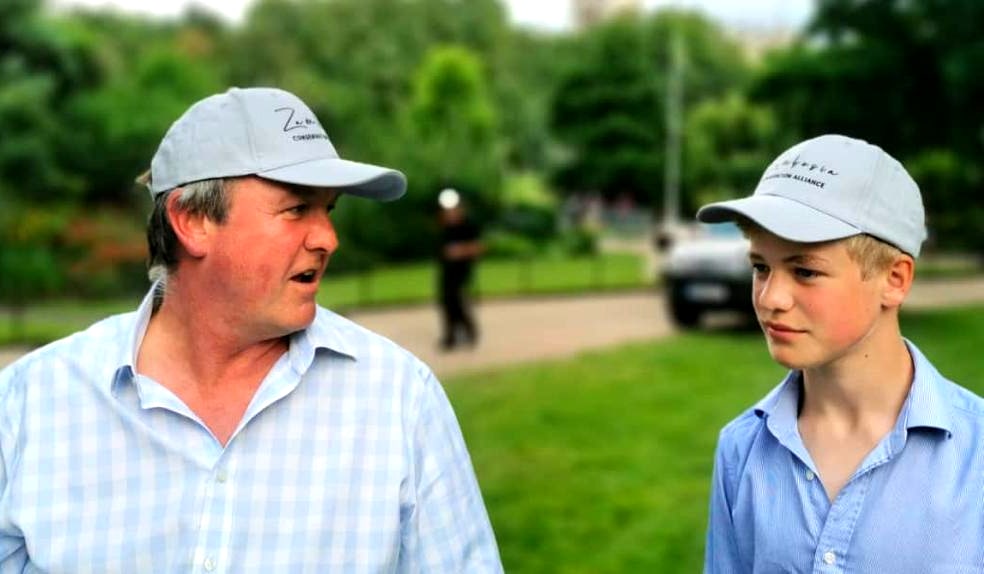
6. How do you believe involvement in conservation can help impact one’s mental well-being?
I realise that, at first glance, it may be slightly confusing when trying to associate conservation with mental well-being, but the link is very definitely there!
As I have already mentioned, we need Nature and our natural world for not just our physical survival, but also our mental survival. The two are joined at the hip and cannot be separated. We have, through our modern lifestyles, become distanced from Nature and its benefits. However, despite that distance, there is thankfully a type of invisible ‘elastic band’ that still joins the two together. It is being stretched quite thin, but events such as the Covid pandemic have, in a strange way, lessened our pull in the wrong direction and we are waking up to the fact that we need to reduce the tension on that ‘elastic band’ before it snaps.
And so, by a simple act of extrapolation, if we need Nature for our mental well-being then we also need to conserve what is left of it and do our best not only to protect what remains, but also increase the biodiversity around us. Put simply, we need to conserve to preserve.
Furthermore, conservation itself is a very rewarding experience. It is also good for one’s mental health to give back and to help – and conservation is a way to do this; I would encourage anyone and everyone to play their part in conservation both directly and indirectly. There are times when the magnitude of the problems facing us appear to be too big to handle, but if we all participate in some small daily way then the power of our combined efforts will be hugely rewarding, not only for ourselves, but for many more generations to come. We may have inherited a bit of a tangled mess, but we can all do something about untangling it and leaving a better world to the children from whom we are borrowing this world.
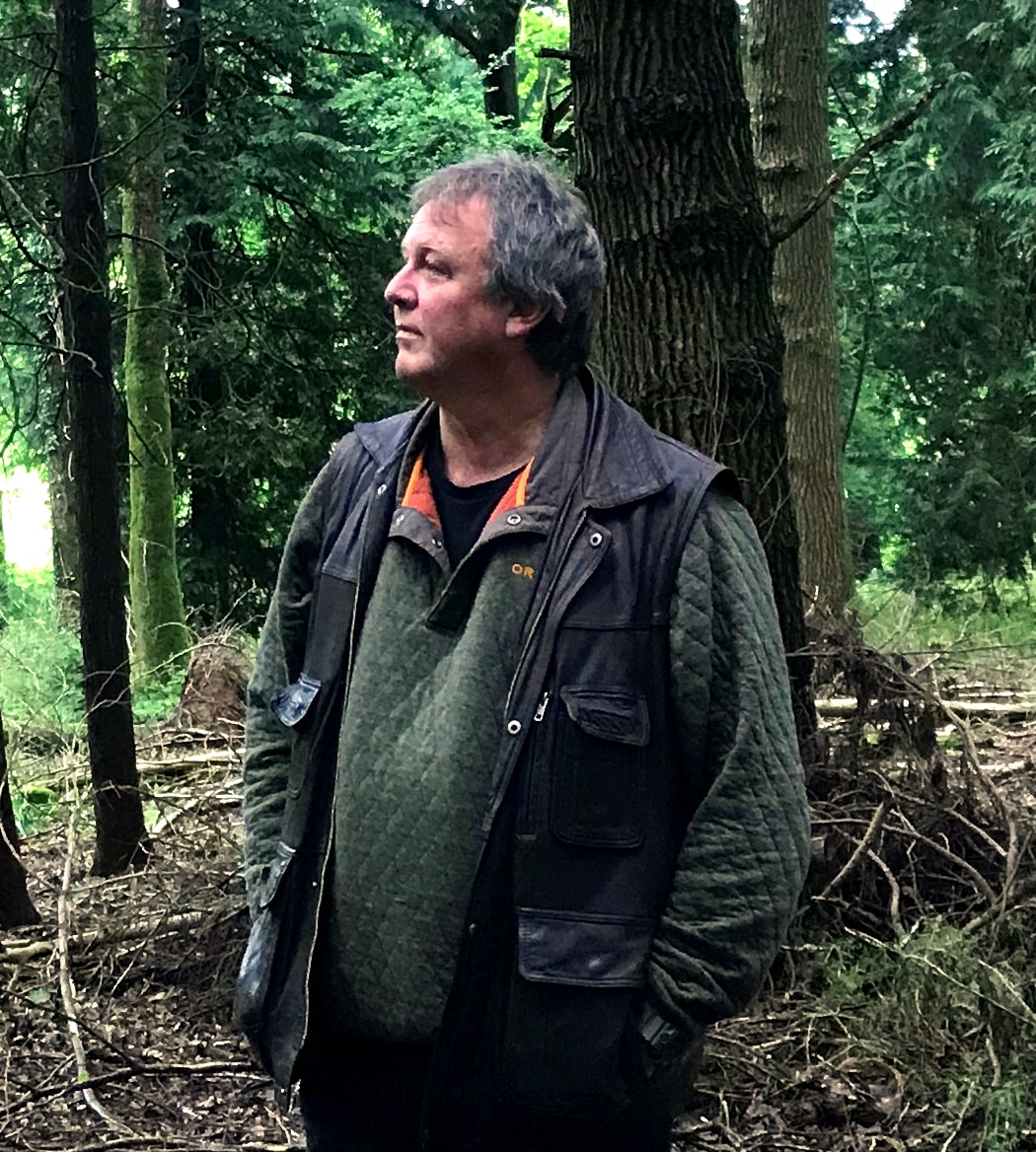
7. Circling back to the actual walk, where you set off around Lake Kariba. Can you take us through the route of your walk and the sort of terrain and challenges you are having to mentally prepare yourself for?
The walk will begin on the Zambian side of Lake Kariba, where the Zambezi River enters the lake. This portion will take most of the month of July to complete. When I arrive at Kariba Town itself, on the Zimbabwe side of the lake, there will be a couple of rest days, with a few activities planned, such as a conference to discuss mental health and conservation issues, as well as a bit of fun involving football and cricket matches. After the rest, I will then continue along the Zimbabwean side of the lake, walking towards the start point again and closing the circumnavigation. This portion of the walk will take most of August to complete and I hope to finish the entire endeavour within the two-month period.
Some of the walk will be along the lake shore itself and some of it will be further inland, depending on the ease of the terrain and people will be able to follow me in real time, as I will have a GPS tracker on me which will be integrated into the website. I will also be posting images, videos and blogs on social media throughout the walk.
The walk will be divided into various legs, with the Zambian legs focusing on discussion mostly around mental health issues and the Zimbabwean legs focusing mostly on talking about conservation issues. The main theme of the correlation between mental health and conservation will, of course, be the thread connecting all of these discussions.
The terrain around Lake Kariba is varied. It comprises, undoubtedly, some of Africa’s wildest and most spectacular bush. Some of the walk will be a nice gentle stroll along the lake shore, while other parts will involve some steep and arduous climbing up and down hills and through thick bush. It won’t be a picnic, by any stretch of the imagination and will require physical and mental resilience to complete.
Added to the terrain will be the daily excitement of close encounters with animals such as elephants, lions, buffaloes, hippos, crocodiles and snakes – to name a few! Another thing I am very much looking forward to is interacting with the local communities who live around Lake Kariba and understanding what their lives are like, having to live with the potential of human wildlife conflict each day and how it affects their mental well-being. With their permission, I hope to share these stories with the wider world.
8. What are the most important objectives for embarking on this walk for you, beyond fundraising? What does success look like for you?
Fundraising is a very important part of the walk and the bigger W4Life picture, as we are keen to establish our TERRA centres in as short a time frame as possible.
The other important objective for us is to not only raise awareness about the correlation between conservation and mental health, but also to create a paradigm shift in the way we, as a human race, approach our daily lives when it comes to our everyday existence. We need to incorporate planetary survival into everything we do and pull ourselves away from the existential threat of using financial wealth as our only metric of success. We have to realise that wealth comes in many forms and the preservation of our natural world should be at the top of the list. If we conserve and preserve Nature, then everything else will flow from that, including financial stability. At the moment we are going about things the wrong way round and we need, as a matter of urgency, to change our mindset
If we can start the world on this path then I think we will have achieved an important – probably even the most important – objective.
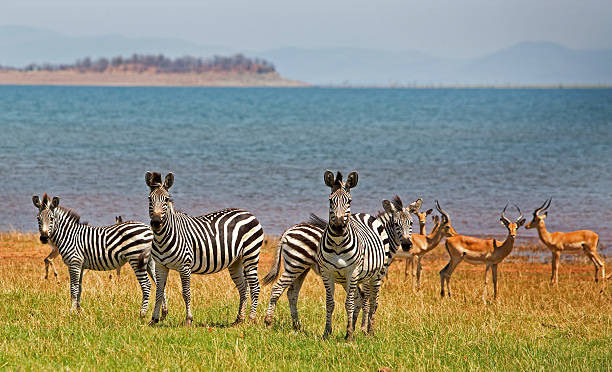
9. How would you like anyone reading or hearing your story to support this cause?
Firstly, I would like everyone who is reading, or hearing, this story to approach everything I have said with an open mind, because it is with open minds that we can then be amenable to making changes. I don’t even begin to pretend that we have all the answers, but I know the answers are out there and your readers will have some of them. I hope W4Life will stimulate thought and discussion and I would love it if your readers could share those answers with the rest of the world, through our W4Life platform. This is not just about me, or the walk, or the other W4Life endeavours. This is about everyone coming forward and helping make the changes we need to undertake for our survival.
Secondly, it would be great if anyone reading this could help spread the word about what we are trying to do. We would love to create an unstoppable momentum and it is through people such as readers of Travel Essence Magazine that we can do this. Even if it is simply by forwarding these two web links https://www.zambesia.com/w4life/ and https://www.youtube.com/watch?v=vSfVr7zYJh8&t=3s to friends and family around the world, that would be a great help.
Thirdly, this is also partly a fundraising occasion and so if any of your readers feel that they can contribute towards the two wonderful charities which have made the walk possible, namely Zambesia Conservation Alliance and Consolidated Africa Services, then every donation will be a great help towards their work in conservation and mental health. There is a page set up for this here: https://www.justgiving.com/crowdfunding/w4lifelakekariba and there will be other platforms to contribute through.
10. If you were to embark on a similar expedition in Africa, where would your steps take you?
I have mentioned the other endeavours that are planned under the W4Life banner, but if you are referring to a walk that is similar to the Lake Kariba challenge, then I think I would say my next aim would be to walk around the entire border of my home country of Zimbabwe. At more than 3,000km it will take a bit longer than the Lake Kariba walk and I hope my family would give me permission to be absent from home for such a long time!
